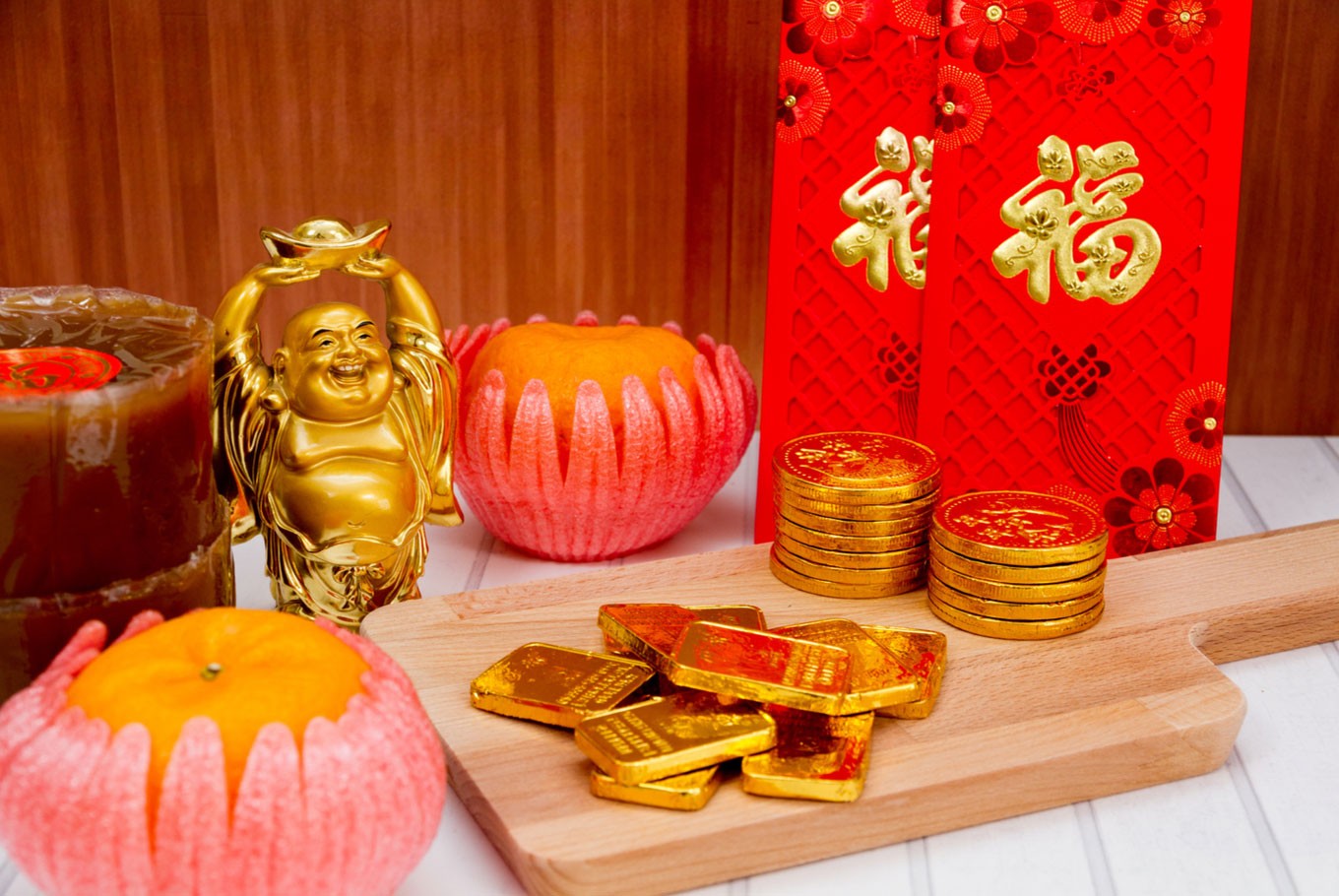Popular Reads
Top Results
Can't find what you're looking for?
View all search resultsPopular Reads
Top Results
Can't find what you're looking for?
View all search resultsChinese New Year customs you need to know
In the spirit of the festivities, I've rounded up a few popular Chinese New Year traditions and customs that have been passed down through generations and are still celebrated until today.
Change text size
Gift Premium Articles
to Anyone
T
his year, Chinese New Year falls on Jan. 28, when we bid farewell to the Year of the Monkey and welcome the Year of the Rooster.
The festival, which is also known as the Spring Festival, is celebrated on a different date each year as it is based on the traditional lunisolar Chinese calendar.
The celebrations start on the evening before the big day and end on the 15th day of the first month of the lunar calendar, which in Indonesia we call the Cap Go Meh festival.
Preparations usually begin weeks before the big day. In my household, my family starts preparing everything a week before (as I'm writing this article, my mom is busy baking pineapple tarts in the kitchen). During this week, we are also preoccupied with cleaning the entire house.
It is believed that house cleaning is a means of sweeping away all the bad luck and old things from the past year and getting ready for a new beginning. On Chinese New Year's day, however, all brooms, dusters and other cleaning equipment are put away. Sweeping or even taking out the trash should not be done on this day for fear that good fortune will also be thrown away.
In the spirit of the festivities, I've rounded up a few popular Chinese New Year traditions and customs that have been passed down through generations and are still celebrated until today.
Reunion dinner
The reunion dinner is the most important event and a must on the eve of Chinese New Year. Families and relatives travel home to reunite and celebrate over dinner, so you might expect some traffic jams on Friday night. When it comes to the dining scene itself, Chinese people have a fondness for playing with homonyms and symbolism, which is why dishes served on the table have to sound similar to certain words or be shaped like something referring to prosperity and well wishes.
(Read also: Celebrate year of the rooster at these modern Chinese restaurants)
Food
Certain dishes have to be present during Chinese New Year. The most common ones are:
Fish
The Chinese word for fish, yu, is a homophone for abundance, and the phrase nian nian you yu, commonly expressed during the New Year, means “a year of abundance”. It is customary to eat the middle part of the fish on New Year’s Eve and save the head and tail for the next day, to symbolize completeness.
Dumplings
In a tradition that hails from the Ming (1368-1644) and Qing (1644-1912) dynasties, Chinese people devour dumplings for the occasion. The dumplings are usually filled with minced meat or vegetables, wrapped in thin white dough, shaped like Chinese silver ingots and then boiled, steamed or fried. Legend has it that the more dumplings you can fit into your stomach, the more money you will make in the new year.
Noodles
Noodles are compulsory and should be served uncut as a symbol of longevity. Other than at Chinese New Year, people also eat noodles on their birthday for the same reason.
‘Nian gao’
Because the word nian gao is a homonym for “higher year” in Chinese, and because it is believed to be an offering to the Kitchen God, one just has to have this sticky cake made from glutinous cake. This cake also makes a popular New Year gift. Nian gao come in different flavors, according to the region they are from in China.
Tangerines and oranges
It may well be just superstition, but the Chinese believe that tangerines and oranges are auspicious symbols of a better year ahead. The words for tangerine and orange in Chinese resemble the words for luck and success, respectively. Their bright color also symbolizes gold, hence the fruits have a meaning of bringing good luck and wealth. During the celebrations, tangerines and oranges are widely displayed as house decorations and exchanged as gifts.
(Read also: 8 Chinese New Year dishes and their meaning)
Red
Because it symbolizes happiness, good fortune and a way to ward off evil spirits, red is the primary color during Chinese New Year. It’s in wardrobes, house decorations and simply everywhere. White, however, should be avoided during Chinese New Year, because it represents mourning.
‘Hong bao’
These red envelopes are usually stuffed with crisp new bills, handed out by the elderly and married couples to young children or unmarried relatives. The amount of money in the envelope usually ends with an even digit, because odd numbers are traditionally associated with funerals. It’s also forbidden to give money in multiples of four, like 40 or 400, because the pronunciation of the number four sounds similar to the word “death” in Chinese.
Dragon and lion dances
In what is perhaps one of the most popular traditions in Chinese culture, dragon and lion dances come to life every Chinese New Year. The dragon dance is performed by a team forming a long flexible figure using poles positioned at regular intervals along the length of the dragon’s body. The lion dance sees performers in a lion costume mimicking a lion’s movements.
The aggressive appearance of the costumes and the loud noises from drums and cymbals are believed to be effective in warding off evil spirits. It’s also a common tradition that whenever the "lion" visits someone’s house, the homeowner has to feed it with a hong bao. (kes)
---------------
Interested to write for thejakartapost.com? We are looking for information and opinions from experts in a variety of fields or others with appropriate writing skills. The content must be original on the following topics: lifestyle ( beauty, fashion, food ), entertainment, science & technology, health, parenting, social media, and sports. Send your piece to community@jakpost.com. For more information, click here.











